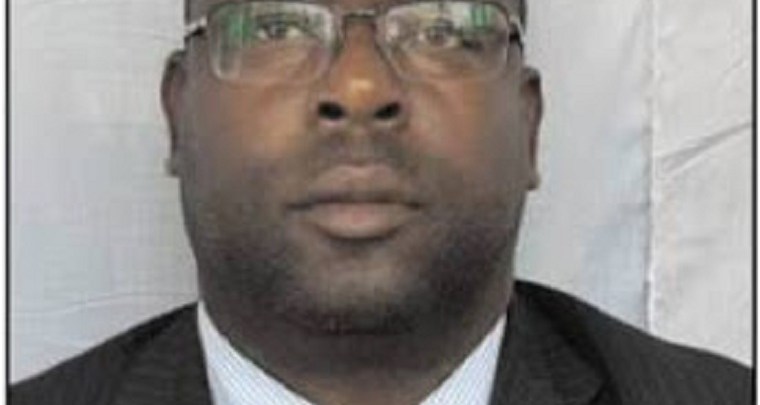Elections : Govt allays fears

LIVINGSTONE MARUFU
Government has allayed fears that they will turn to printing money to finance election campaigns amid fears from experts that the looming elections will shock the already limping economy.
Analysts said the push to retain power mainly by the ruling Zanu PF party will overpower politicians’ will to contain inflation and exchange rate.
The suspicion was strengthened after President Emmerson Mnangagwa appointed Finance Minister Professor Mthuli Ncube, previously a technocrat appointed to government on the basis of his skill, to the party’s powerful Politburo.
But Finance and Economic Development Deputy Minister Clemence Chiduwa told delegates at the Confederation of Zimbabwe Industries (CZI) 2023 Annual Economic Outlook yesterday that the Treasury will keep its purse tightly closed to contain liquidity in the market.
“Some people think that we are just going to spend because it’s an election year but that’s not going to happen. We will follow budget lines.”
Chiduwa added: “We can collect the revenue that we can and live within the means. We want to make sure that we will not go beyond what we have collected to run a cash budget.”
He acknowledged that in the past the government departments accepted to make payments and did not honour, adding that the situation will not recur.
“We now have a liquidity management committee. The liquidity management committee ensures that whatever is requested by the Ministry will only be honoured or released on condition that the cash is available. This is going to assist us in managing liquidity in the market,” Chiduwa said.
He said some presenters were right that there was excess liquidity in the market as the Treasury paid the farmers and contractors.
Treasury said the government procurement was driving liquidity but it has come up with a policy that whenever it releases a huge chunk there are open market operations.
“If we are going to release ZWL$40bn in the market, open market operations will mop up excessive liquidity.
“If you look between November and December up to January 5 2023 the rate was up to ZWL$1200 per US$1 and now it is back to ZWL$950: US$1. We always make sure that we do the open market operations by issuing treasury bills.
“The government has a subsidised policy but has a clear policy where it says we can only embrace a subsidise it is targeted and budgeted for,” he said.
Treasury said the budget it presented will be in sync with the cash that it has collected.But economist Gift Mugano has torn Treasury’s statements into shreds as he believed that the size of the budget itself was problematic.
“The budget of ZWL$4.5 trillion creates problems on its own even if you spend within your means. It pushes more liquidity in the market even if they are spending within their line.
“For example in December when the rate jumped to ZWL$1200 per US$1 but they were increasing liquidity in the market,” Mugano said.
He said there are provisions which are given to some departments and Ministries which are going to feed into the election mode.
“You can see how much money that was allocated to the war veterans. ZWL$1.1 trillion is now going to go towards infrastructure when it’s released into the market it will be spent in the market, and the rate will go up.
“When you look at the civil servant’s salaries which account for 52% of the budget from 42% last year. When workers are making noise and you want a vote you will spend,” Mugano said.
The workers get ZWL$ at a time when some industries are around 78% with some sectors like pharmaceutical charging 100%, this means they will go to the market to buy US$.
With 52% of the ZWL$ 4.5 trillion getting itself into the market, certainly, there will be excess liquidity.
“It’s not about the Treasury printing money but it’s about excess liquidity which the Finance Ministry will not have control over. With political destiny at hand, the committees won’t work as people will do anything to retain power,” he said.
Central bank chief John Mangudya recently said the monetary authorities would continue with a tight monetary policy stance to maintain stability.
“We will do all that it takes to contain inflation and exchange rate if it means we are going to raise interest rates so be it,” Mangudya said.









